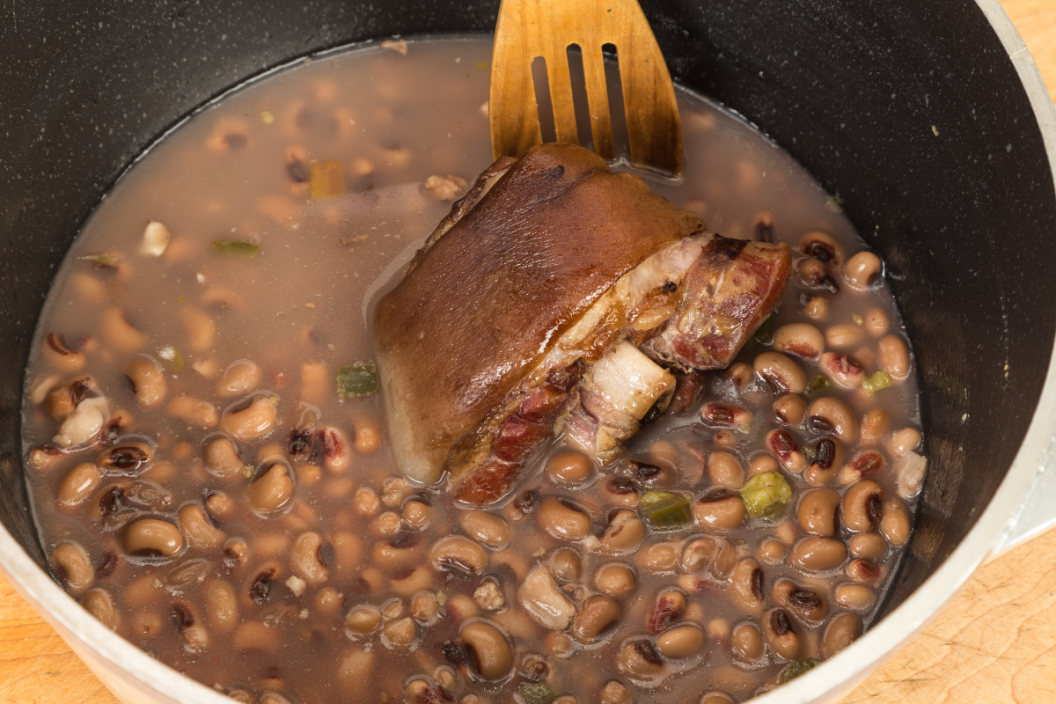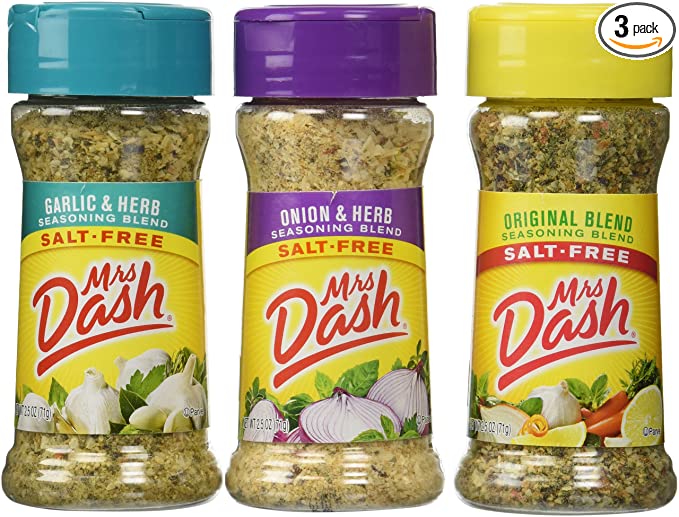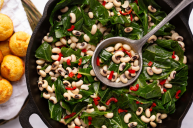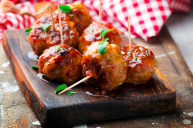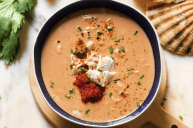When I was asked to write this article, I was instantly brought back to my childhood when my grandmother had a stroke and was hospitalized. When she returned, it was my job to help her cook and modify our meals. I remember going to the doctor with her and talking about high blood pressure or hypertension. Her doctor recommended that she no longer use salt and lower her consumption of pork, specifically fatty, salted meats. This instantly eliminated ham, bacon, and bacon grease as our favorite smokey seasoning used to flavor vegetables, soups, beans, and rice dishes-This also meant we had to say goodbye to our beloved ham hocks.
The Reason Why I No Longer Cook With Ham Hocks
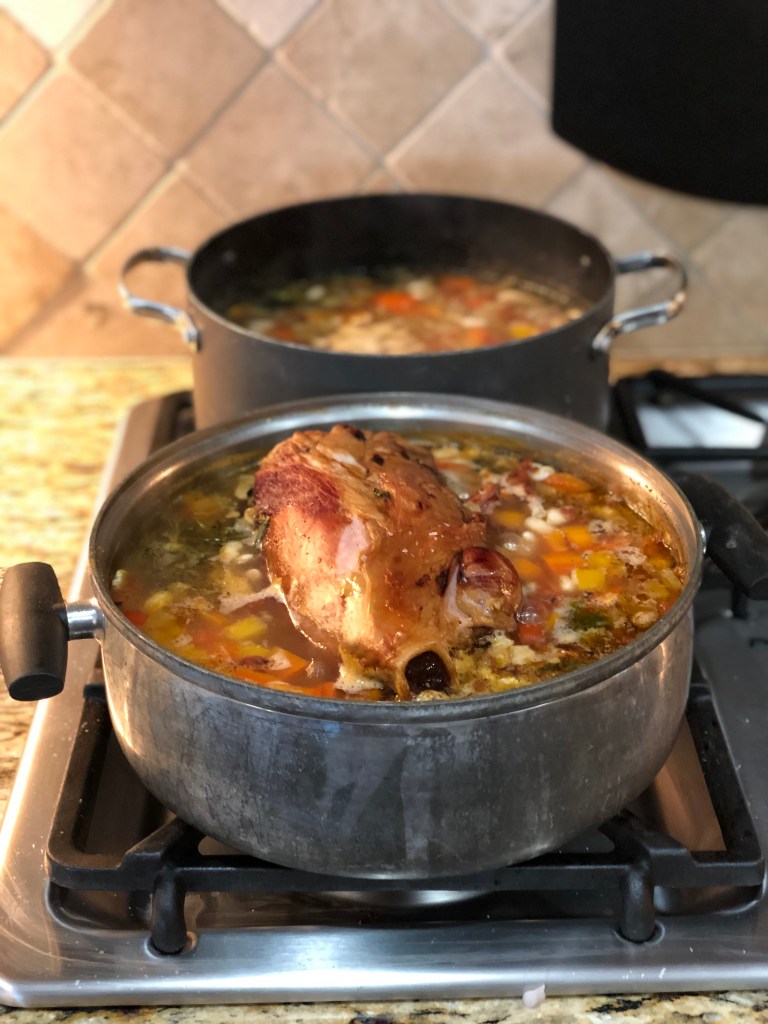
Getty Images
To be honest, I have not had a ham hock since I was 9 or 10 years old. Yet, I can still taste the smokey, salty, fatty, collagen goodness that coated every corner of my mouth and gave my lips a meaty-sticky gloss. It was a sublime, unforgettable taste that I fondly remember 40 years later.
During our first shopping trip from the store, my grandmother said her doctor recommended Mrs. Dash, a popular salt alternative, so our no salt, minimal pork diet journey began. We started using olive oil, Mrs. Dash, low sodium chicken broth, and more aromatics like onions and garlic to flavor our food and pure dried versions in lieu of seasoning salts.
Mrs. Dash Seasoning
Like my grandmother, many Black and brown people have had to eliminate smoked, salted pork because of the community's prevalence and connection to high blood pressure, and other food-related and genetic health issues.
On our quest to recreate that undeniable taste we immediately replaced pork with smoked turkey "butt." Which I'd later discovered wasn't much better, but pretty soon our tastebuds adapted, and we'd gotten so good I slowly eliminated using any meat to flavor our veggies.
I learned to cook with minimal salt, incorporating several cooking methods to mimic the flavor and mouth-feel of meat flavored dishes, like caramelizing onions and using a variety of oils like butter, olive, and coconut oils. Now, my approach to soul food (for the most part) is from a more health-conscious perspective due to other food-related illnesses that afflict people of color like obesity, Type 2 diabetes, and high cholesterol.
Soul Food and Regional Influences
Like all foods, soul food differs by region and culture. I currently live in Philadelphia by way of Eastern Shore Maryland, and a lot of pork has been replaced with smoked turkey.
As a home cook, foodie turned city chick with country roots, and a lover of history, I study chefs and food historians like Jessica B. Harris and Michael Twitty, who confirmed African American "soul food" traditions, flavors, and techniques have roots in Africa. They also fervently argue that African food throughout the diaspora from the continent through the Caribbean, Latin America, and American South - is varied and cannot be boiled down (excuse the pun) to just collard greens, cornbread, fried chicken and macaroni, and cheese.
Here are some tips to boost flavor and eliminate the need or craving for meat:
- Always use mirepoix and/or sofrito as a base. They are your meat-free friend and foolproof flava bombs
- Take your time and saute' your base in a little oil until they slightly brown and add spices right before you add your vegetables so they can fully bloom
- Simmer your greens with vegetable broth
- Finish your veggies with little oil and acid to give your veggies a little kick - lemon juice or vinegar add great flavor and complexity
- Quirky tip - don't throw away the stalks when you chop up your greens; cut the stalks in thin circles and add them to the sauteed veggies first -
- Roasting and sautéing also add flavor to hearty vegetables like Brussel sprouts
- Better Than Boullion vegetable base as a meatless alternative to add a layer of richness without the animal fat
I first learned to cook my greens with ham hock, but I can now make flavorful greens without meat. As a matter of fact, I made them for Thanksgiving dinner, and I didn't miss the meat.
Products featured on Wide Open Eats are independently selected by our editors. However, when you buy something through our links, we may earn a commission.
